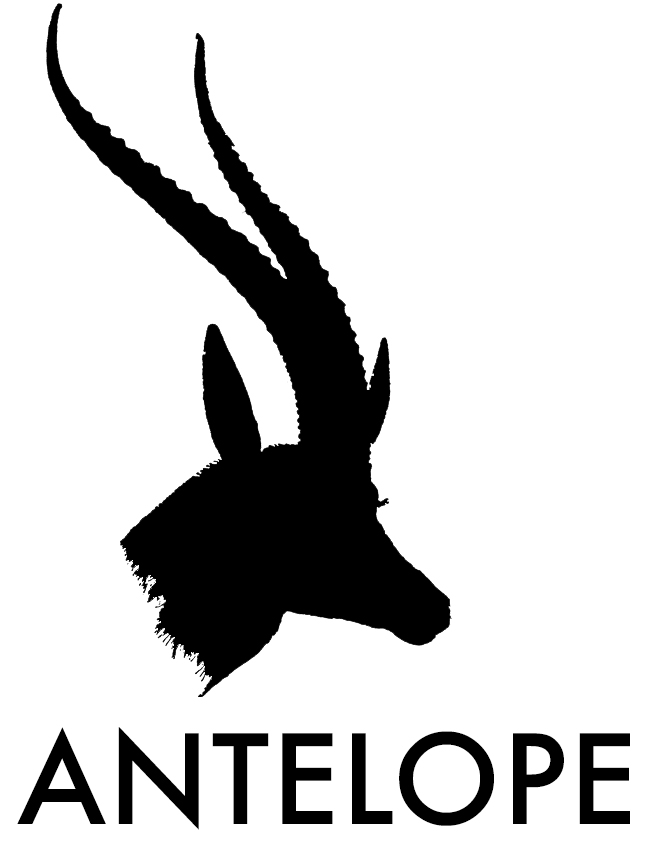How to Fail: What I learnt from my Failures
Like many, I love listening to podcasts. If travelling to a meeting, popping out for some fresh air during the day or on the occasional run, it’s my go-to listen. One of my favourites is How to Fail with Elizabeth Day, which for those who haven’t listened in, involves Elizabeth interviewing famous people about their top three failures and what they have learnt from them, with the premise that all failure is actually learning.
So, I thought it might be interesting to reflect on my own professional failures/learnings – which of course there are many. But, especially those which have been turning points in my career. In no particular importance….
How I failed not just once, but twice, to get onto the National Council for Training of Journalists (NCTJ) Diploma in Journalism post-university. Having got through to the interview stage twice, I flunked the ‘What was happening in the World’ news tests. I aimed to be a consumer journalist, having undertaken work experience at Company and 19 magazines. I did of course go on to work at Cosmopolitan (on the PR and marketing side) but I saw myself as the next Vogue editor aged 21. The lack of success in achieving a place on the course led to me pivoting into PR which, as anyone who knows me well knows, is far better suited to my personality and my skillset.
Pregnant with my first child, I failed to convince my boss to allow me to work flexibly so I could drop him at nursery and start work at 9.30am and finish later. It is unbelievable today (thank goodness) to think that his response was, “Sorry it will set a precedent” but the organisation’s lack of flex led me to become a consultant which has given me so many amazing opportunities over the last 20 years.
Finally, my failure to sometimes appreciate others’ working styles differs from mine. A respectful and respected colleague once told me that she felt she had to “beat to my drum” regarding deadlines. I have a busy brain, which often means for me the best way to deal with my workload is to undertake the task in hand - be that drafting the first iteration of a strategy document or a thought leadership piece – straight after the initial meeting when it is fresh in my mind. I realise this isn’t how everyone works, and some people need to spend time thinking and processing before they launch into the doing part of a task. Although I never expected others to work like me, I expected everyone to keep up. Stopping to think about others’ ways of working and accommodating them in my workflow has hopefully made me a better colleague.
I could go on, but I wholeheartedly agree with Elizabeth that “failure is learning” and that we never stop learning, wherever we are in our personal or professional journey.
